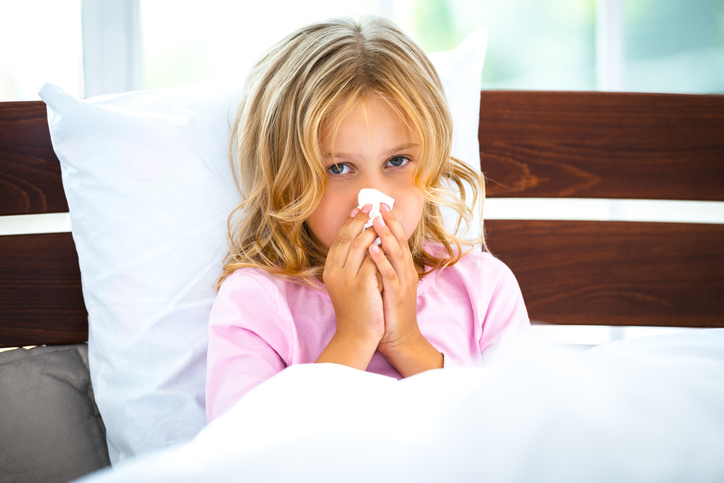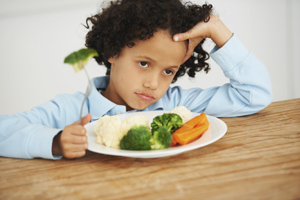Fall respiratory virus season is upon us! If you haven’t experienced it up close and personal yet, count yourself lucky. Everyone in my house had the sniffles a couple weeks ago, and we diagnosed well over 100 cases of viral illness at our hospital last week. Unless you live in a bubble, it will be hard to avoid exposure this fall. Here’s what you can do to prevent and manage viral illnesses:
Prevention
- Wash your hands. Wash your hands! WASH YOUR HANDS! For older kids who don’t put their hands in their mouths all the time, hand sanitizer is okay to use sometimes, too.
- Teach your kids to cover their noses and mouths when they cough and sneeze.
- Get a flu shot.
Treatment
- Tylenol and ibuprofen (only if older than six months) for fevers and malaise. Your pediatrician can help with dosing if you’re unsure.
- Humidifiers/cool mist for congestion.
- Fluids. Pedialyte, juice, popsicles, sports drinks – a sick kid is not the one you want to battle over healthy choices. Staying hydrated is more important.
That’s really it. Antibiotics don’t treat viruses, so there’s no point in giving them. Cough and cold medicines should not be given to kids under four years old, and may not work very well for older kids, either.
When to seek medical attention
- Newborns (less than one month old): Any fever over 100.4 F (Fahrenheit).
- Babies: Fewer than four wet diapers or half the normal number of diapers in a 24-hour period.
- Any child: Difficulty breathing, altered mental status, prolonged vomiting/diarrhea with concern for dehydration, any medical emergency.
For most otherwise healthy children, the immune system will take care of the virus in a few days to a couple weeks. Children with pre-existing medical conditions may be hit harder than others. No matter what, if you’re really worried, seek medical attention.






Comments